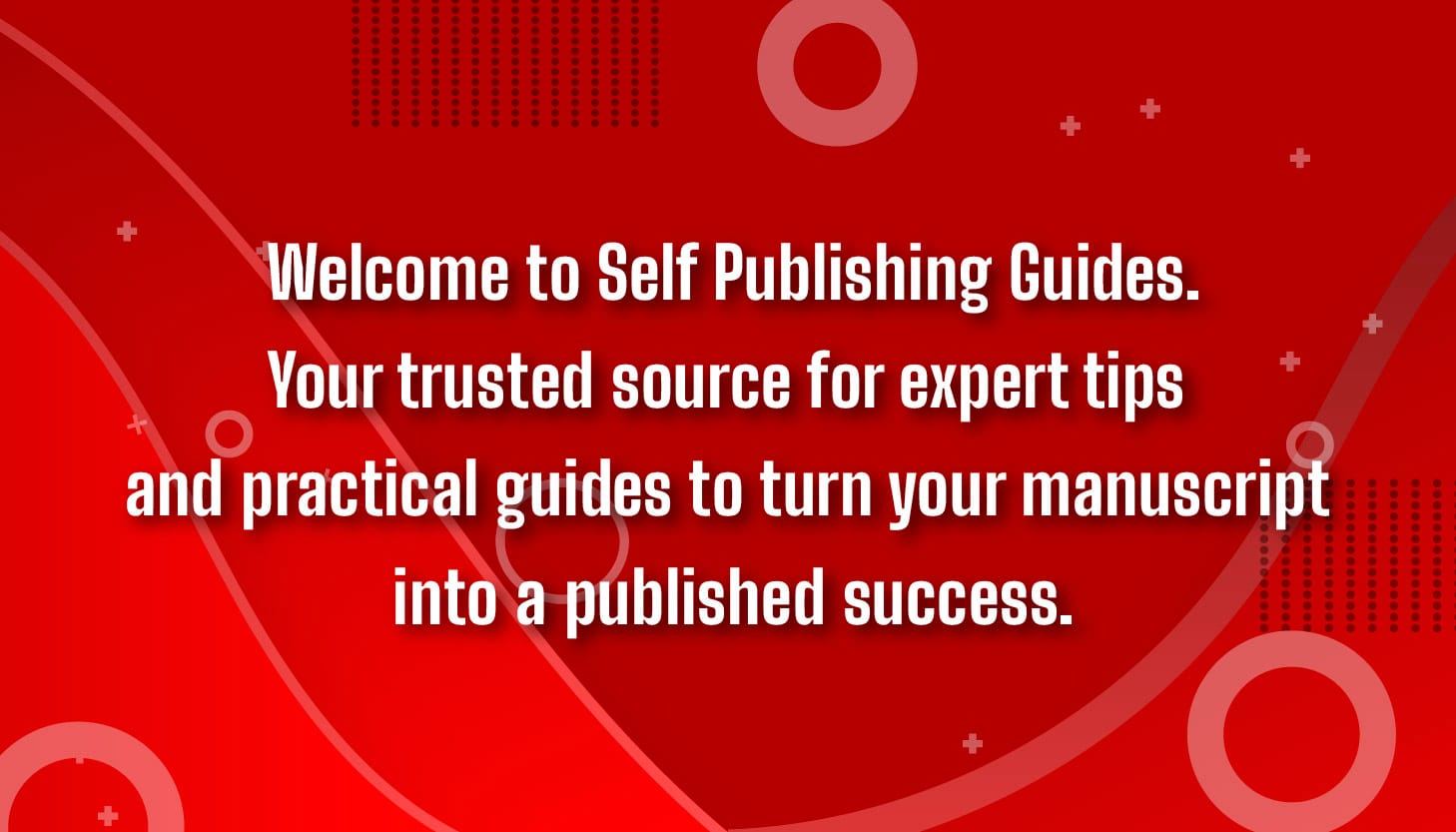
The publishing industries in both the UK and the U.S. have always shared a deep connection, but as we move into 2025, this relationship is growing stronger and more intertwined. This increasing collaboration is evident in the focus on talent exchange, intellectual property, and the broader sharing of content. Influential figures like James Daunt, who leads both Waterstones in the UK and Barnes & Noble in the U.S., exemplify the growing connection between the two publishing giants. Major publishers, such as Hachette, Bloomsbury, and HarperCollins, are expanding their presence on both sides of the Atlantic, further cementing this partnership. Authors like Suzanne Collins and Sarah J. Maas, whose books top both the UK and US charts, demonstrate how this cross-border relationship is helping writers connect with readers worldwide.
As the global English-language book market continues to evolve, the collaboration between the UK and U.S. publishing industries is playing an increasingly pivotal role in driving success. However, this relationship isn’t without challenges; legal concerns and distribution issues are rising alongside opportunities. Let’s take a deeper look at how this relationship is shaping the future of publishing across both nations.
Economic Growth and Opportunities Driven by Transatlantic Trade
One of the most significant trends in the UK and U.S. publishing industries is the remarkable economic activity stemming from their growing relationship. The U.S. is now the largest export market for UK publishers, and this market is expanding rapidly. Between 2019 and 2023, UK publishing exports to the U.S. grew by an impressive 41%. In 2022, U.S. buyers accounted for 27% of all UK publishing exports, valued at £423 million ($573 million). This data not only highlights the financial success but also indicates the increasing demand for British-authored content in the U.S. The transatlantic trade is undeniably creating opportunities for both markets to benefit.
The UK publishing sector is thriving, having generated £7.1 billion in revenue in 2023, a 3% increase from the previous year. Of this total, 62% was from exports, with the U.S. leading the way. Experts predict a 20% rise in export demand by 2033, positioning the UK publishing industry for even greater growth. The Publishers Association (PA) is advocating for a publishing export accelerator to unlock further potential in global markets. The rise of U.S. demand for UK content is also bolstering the cultural soft power of British voices, ideas, and stories. With bestselling authors gaining global recognition, the partnership is proving essential for the future of the English-language book market.
Facing Publishing Challenges: Tariffs, AI, and Distribution Issues
While the growth of the UK and U.S. publishing industries is evident, it is not without its challenges. Trade tariffs continue to be a significant source of uncertainty. Although books have remained exempt from tariffs, the ongoing political climate; especially during the Trump administration, has raised concerns that this could change, disrupting the flow of books between the two markets.
The rise of AI is another primary concern for the publishing industry. The UK government has considered allowing companies to use copyrighted materials without the creator’s consent, sparking a fierce debate about copyright protections. Authors, publishers, and associations, such as the Society of Authors, have voiced their objections, arguing that such changes could undermine creators’ rights. The U.S. is facing similar issues as publishers and authors wrestle with how to navigate AI’s increasing influence on the industry. These concerns highlight the importance of intellectual property rights in maintaining a fair and sustainable publishing ecosystem.
Distribution issues are also creating pressure on the industry. The recent bankruptcy of United Independent Distributors (UID) and Penguin Random House’s planned closure of Grantham Book Services by 2025 have resulted in logistical disruptions. Smaller publishers are finding it increasingly difficult to secure distribution partnerships, while major players are struggling to cope with increased demand. This situation highlights the need for a more resilient distribution network that can accommodate the growing international demand for books, particularly those crossing borders between the UK and the US.
The Future of Transatlantic Publishing: Adapting to New Realities
The future of UK and U.S. publishing will depend on both markets’ ability to adapt to the changing landscape. To ensure continued growth and collaboration, both nations must address the challenges posed by tariffs, AI regulations, and distribution bottlenecks. As the international book market continues to grow, the UK and the U.S. must strike a balance between fostering cross-border content exchange and ensuring that authors’ and publishers’ rights are safeguarded.
In response to distribution challenges, smaller and more specialized distributors are emerging to cater to niche markets, such as academic or Christian publishing. However, these new players face their challenges as they attempt to fill gaps left by larger distributors. If larger publishers, such as Macmillan, Hachette, and HarperCollins, can find ways to meet the rising demand for books while managing capacity constraints, the future of transatlantic publishing could look even more promising.

Conclusion: The Road Ahead for International Publishing Growth
The UK and U.S. publishing markets are not just key players in the global book industry; they are shaping its future. As these markets continue to build on their long-standing relationship, their shared success will help drive international book market growth. Whether through exports, increasing sales, or enhancing soft power, the UK and the U.S. will play a crucial role in the future of the global literary landscape.
The ability to navigate challenges like AI, tariffs, and distribution issues while continuing to build on their partnership will ensure that both markets thrive in the years ahead. The future of English-language publishing is more interconnected than ever, and the UK and the U.S. are leading the way in creating a dynamic, evolving, and robust international publishing ecosystem.

